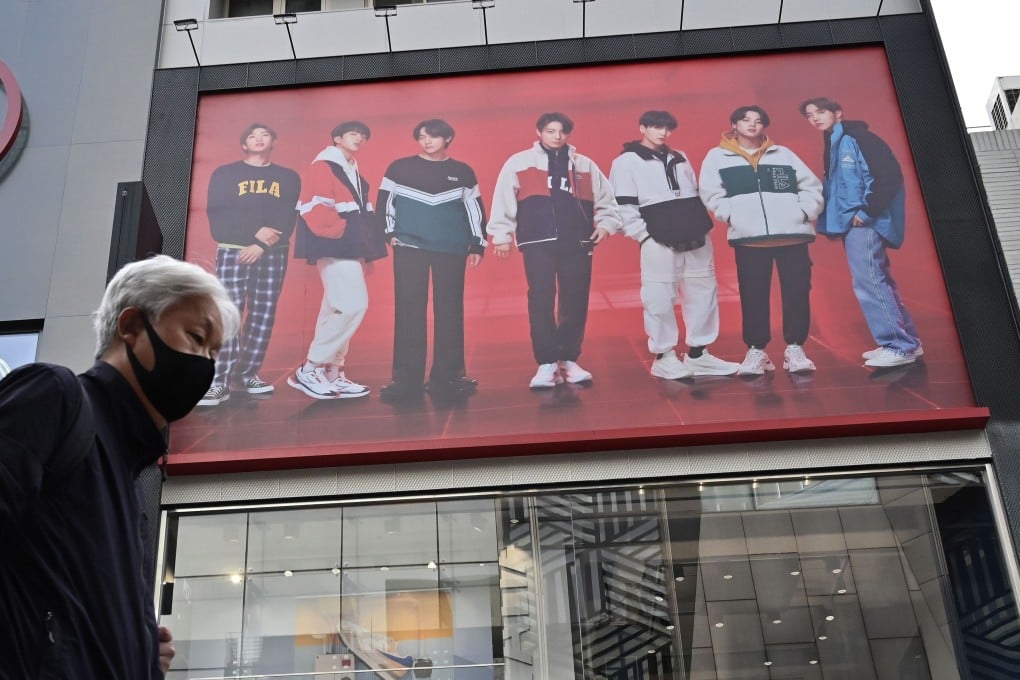Advertisement
What happens when South Korea’s K-pop meets the Communist Party of China?
- Many Chinese millennials are obsessed by Korean boy and girl bands but K-pop has been turned into a political hot potato by Beijing
- The 121,000 Koreans living in China are having their loyalty tested by the countries’ political systems and view of the US
Reading Time:4 minutes
Why you can trust SCMP

Areum Jeong says she enjoys teaching in China, especially when she has the opportunity to discuss typically taboo subjects through her university courses on South Korea’s modern culture. That includes K-pop, the boy bands and girl groups that have dominated the Asian music scene since the early 2000s.
Advertisement
Jeong, 37, an assistant professor at Sichuan University-Pittsburgh Institute in southwestern China, said her students had been fascinated by a wide range of risqué topics, such as the #MeToo movement and homosexuality in K-pop bands.
But Jeong, who has a PhD in theatre and performance studies from the University of California, Los Angeles, said she had also bumped up against censorship in the classroom. Most recently it involved K-pop.

In early October, Chinese social media attacked rapper RM from the K-pop band BTS for speaking of a “history of pain” between South Korea and the US in a reference to the 1950-53 Korean war. The group was accepting an award from a US organisation for their contribution to South Korea-US relations.
Advertisement
Chinese state media outlets, including the tabloid Global Times, were swift to criticise the group, calling their attitude “one-sided”.
The Chinese Communist Party’s narrative on the Korean war says it was the result of American imperialism, ignoring the invasion by North Korea that triggered intervention by the US and the United Nations. This version is taught in history textbooks in high schools across the country.

Advertisement